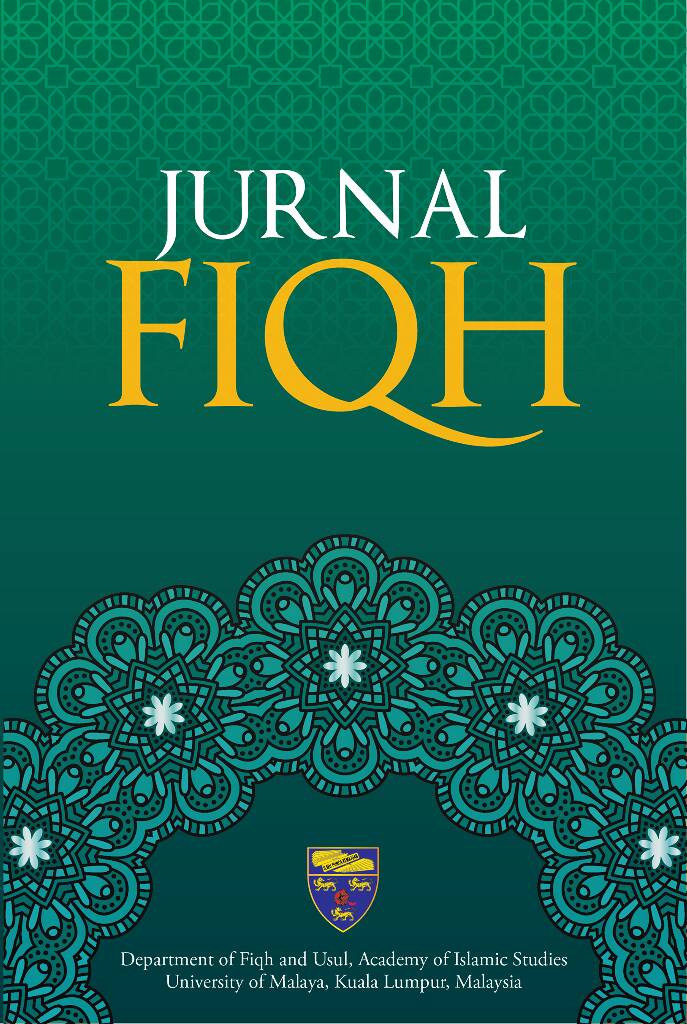Aplikasi Al-Taysir Dalam Ibadat Haji dan Umrah Berdasarkan Keputusan Muzakarah Haji Kebangsaan
The Practice of al-Taysīr in Ḥajj and ‘Umrah Based on the Resolutions of the National Ḥajj Muzakarah
DOI:
https://doi.org/10.22452/fiqh.vol16no2.1Keywords:
al-taysīr, ḥajj, ‘umrah, flexibilities, maṣlaḥah, mashaqqahAbstract
There is a notion that the ḥajj pilgrimage is founded on trials and tribulations or mashaqqah and, it is not worthy of a pilgrimage if one does not suffer the exhaustion and fatigue. The ḥajj is an obligation similar to other acts of worship decreed by Allah upon His servants. Flexibilities (al-taysīr) or relief endowed in Islam for the believers in all obligatory rituals is also present in the hajj. In order to ensure that taysīr is practised in accordance with the requirements of Islamic law, certain conditions must be met. This is because taysīr is unlike tashil which means “to take easy” so much so that in some khilafiyah problems, some parties opt for rukhṣah,
which is choosing the simplest idea to be carried out without due consideration for the propositions of shar‘ī. This article aims to explain flexibilities or relief and Islamic tasāmuh in the difficult and burdensome aspects of performing ḥajj routines. By citing several examples of the provisions in taysīr which were resolved in the National Hajj Muzakarah, this article concludes that taysīr which is practised conforms with Shariah which aims to grant relief and convenience to the pilgrims in performing the obligatory steps in ḥajj













